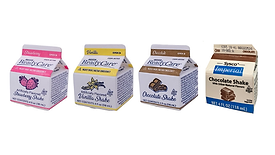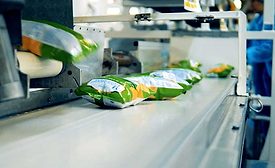Recall/Crisis Management
Widening Recalls and Class Action Lawsuits: Alarming Recall Trends in 2024
The world of recall exposure and management is changing, making it more important than ever that you are fully protecting your company and brand
February 11, 2025
Recall Forensics: Uncovering the Hidden Triggers Behind the Surge in Food and Beverage Recalls—Part 2
Building resilience through attention to detail is an invaluable strategy for closing critical food safety gaps and preventing costly recalls
February 11, 2025
Never miss the latest news and trends driving the food safety industry
eNewsletter | Website | eMagazine
JOIN TODAY!Copyright ©2025. All Rights Reserved BNP Media.
Design, CMS, Hosting & Web Development :: ePublishing













